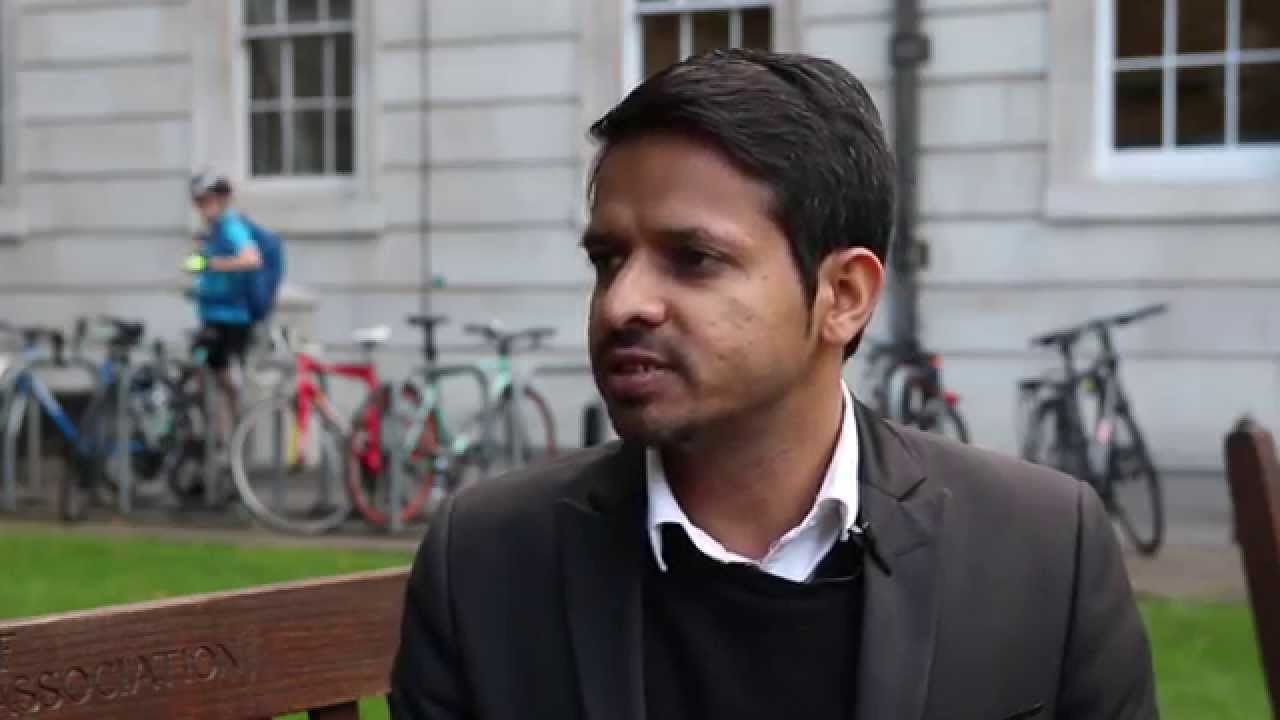A new report’s revealed Muslims targeted in Islamophobic attacks are reluctant to report incidents and often receive little support from onlookers.
Tell MAMA (Measuring Anti-Muslim Attacks) commissioned the report, which found that ‘trigger’ events such as the terrorist attacks in Tunisia and Paris, the murder of Lee Rigby and the Rotherham child sexual exploitation scandal “fuelled the growth of anti-Muslim hostility on social media as well as on the streets of Britain”.

The report’s researchers, from Birmingham City University and Nottingham Trent University, also found that:
-> people are scared online threats could materialise in the real world;
-> Muslim women are more likely to be attacked, both online and in the real world, than Muslim men;
-> Muslim men are unlikely to report Islamophobic incidents for fear of being perceived as ‘weak’.
Many Muslim women said they are removing their headscarves and men are shaving their beards in a bid to disguise their Islamic beliefs through fear of being targeted in religious hate attacks.
The report features a number of victims talking about their experiences.
Hira was verbally and physically abused by a group of men on a train. They waved alcoholic drinks in her face, asking her if she wanted some. They chanted ‘we are racist, we are racist and we love it’, asking Hira if she ‘eats bacon’ and has ‘a bomb under her scarf’.
Sarah, who converted to Islam, said she received significant abuse following reporting of incidents involving ISIS.
Asma, a midwife, quit her job after being abused by patients she was looking after.
The research also reveals that victims were multiple and repeat victims of both online and offline forms of anti-Muslim hate crime.
Imran Awan, Deputy Director of the Centre for Applied Criminology, and Dr Irene Zempi, a criminology lecturer at Nottingham Trent University carried out the research.




